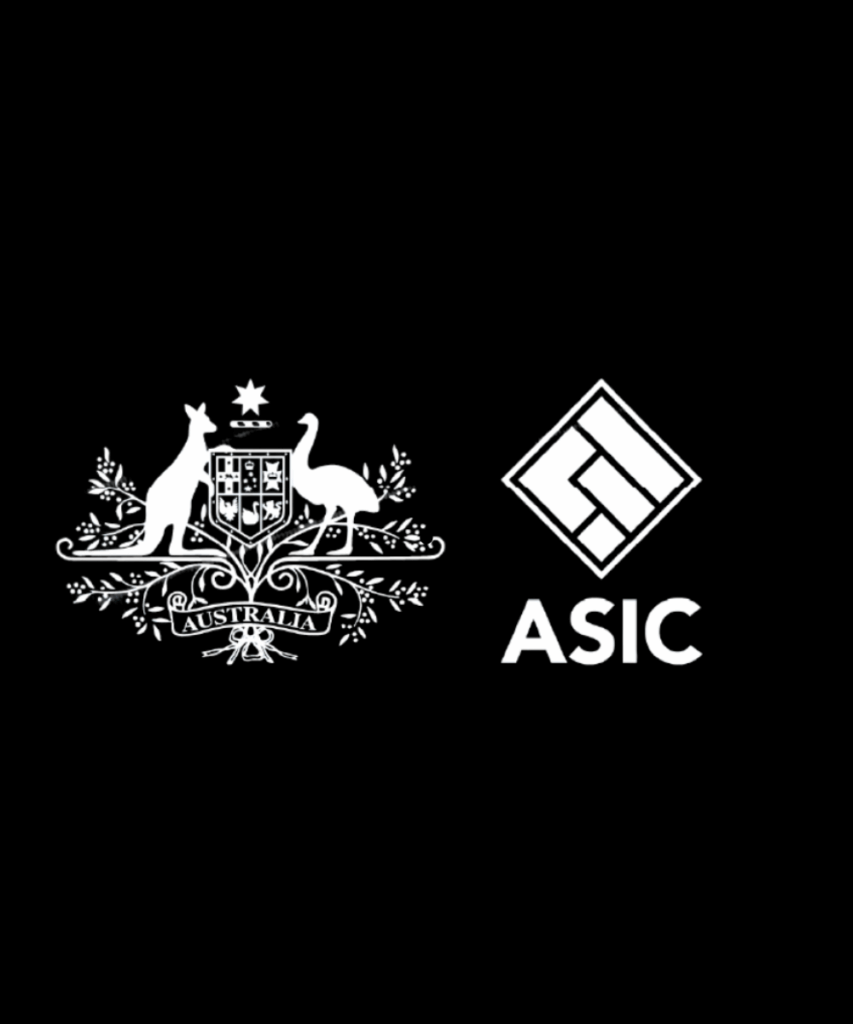

Credit Check: In a Rare Show of Openness to Regulation, Private Credit Funds Say ASIC’s Push For More Transparency Could Go Even Further.
You can read the original article from Capital Brief here.
It’s rare to hear an industry welcome moves by a regulator to impose more oversight on its activities. Rarer still is to hear a key industry player say these new rules do not go far enough.
So the largely calm response to the Australian Securities and Investments Commission’s (ASIC’s) warning shot to the private credit sector has been revealing.
As Capital Brief reported this morning, financial associations have cautiously endorsed the watchdog’s plans for greater scrutiny and transparency of private markets. And on Wednesday, after those plans were made public, some of the industry’s biggest players echoed these sentiments.
Metrics Group chief executive Andrew Lockhart said he “strongly supports” more consistent standards in the sector, while Qualitas managing director Andrew Schwartz described ASIC’s report as “encouraging” and Challenger’s Victor Rodriguez said it shows a “strong understanding” of the sector.
Woodbridge Capital co-founder and managing director Andrew Torrington said ASIC could have gone even further in areas such as reporting requirements, leveraged fund disclosures and whistleblower protections.
“I was not surprised by the reports but surprised by how long it’s taken them to get here,” Torrington said.
Private markets are, by their nature, private. But with money flowing into them at a rapid clip — private credit in particular — the risks facing ordinary investors are growing. It was this risk that prompted ASIC to conduct a sweeping review of practices in the sector, which unearthed some troubling behaviour.
In its survey of 28 private credit funds, ASIC uncovered everything from poor record-keeping and aggressive or misleading marketing tactics to failures to properly disclose fees, absent or incomplete valuation policies, lack of interest rate transparency, unclear investment strategies and conflicts of interest.
Which funds were engaging in this behaviour has not been revealed.
At the National Press Club, ASIC chair Joe Longo said some of the practices were “close to being illegal” but did not go into detail.
So perhaps the industry’s measured response suggests it knows things could have been a lot worse — and still could be. As the better-behaved funds will privately attest, all it would take is one private credit blow-up to scar the entire industry.
It is now up to the poor performers to lift their game, otherwise ASIC is ready to take enforcement action, deploy more regulation and even push for legal reform.
“Nobody wants more regulation,” Longo said. “But that’s where this is heading if we have to protect the public.”
– Jassmyn Goh, Capital Brief





